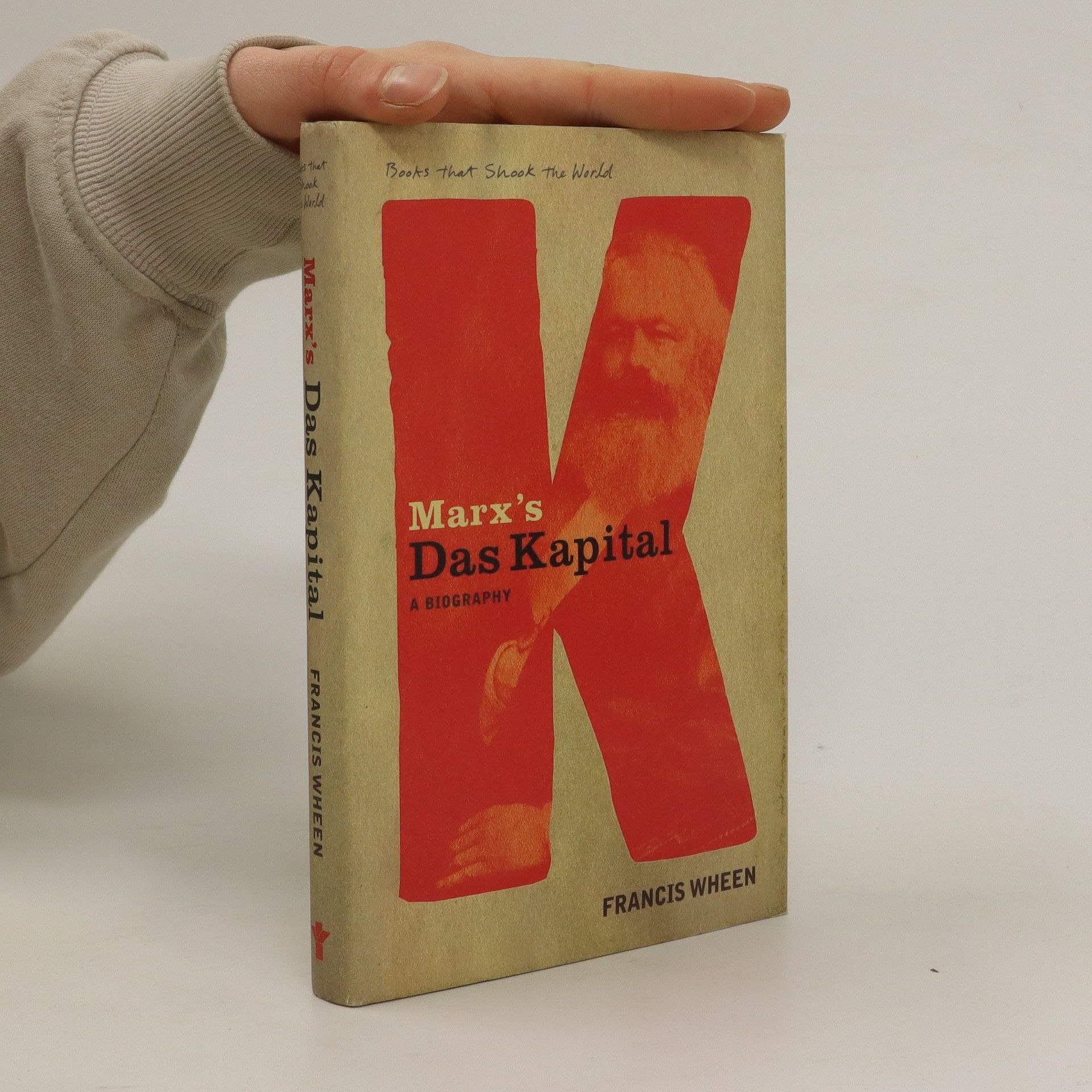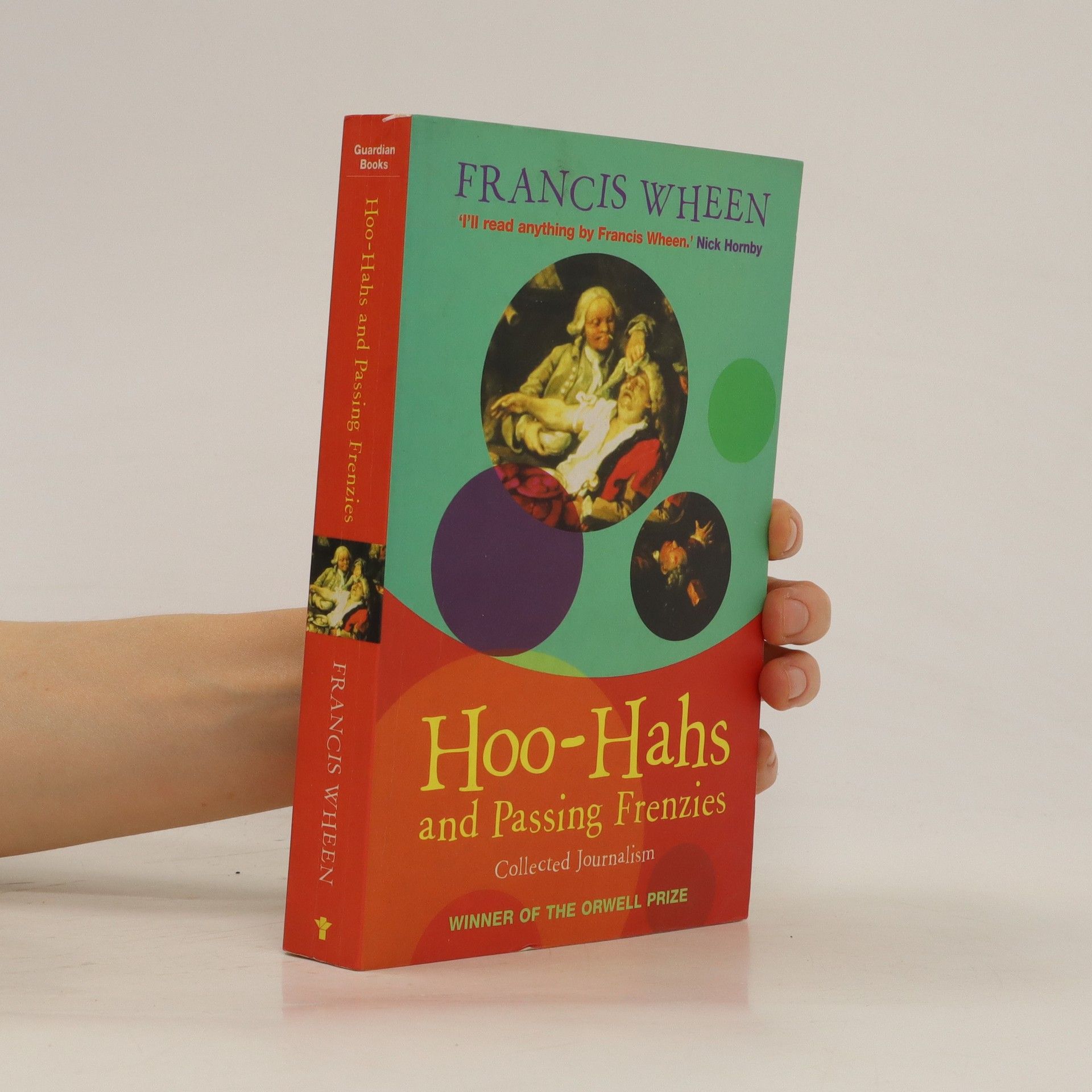Cheapjack
- 328pages
- 12 heures de lecture
Golden Duck's edition of the 1934 bestseller Cheapjack by Margery Allingham's brother, Philip, containsover 30 photographs from the National Fairground Archive, the Allingham Society and other sources. An introduction by FRANCIS WHEEN discuses slumming in the 1930s and describes Cheapjack as an extraordinary autobiography. VANESSA TOULMIN of Sheffield University puts Cheapjack and its language in the context of the secretive society of showmen, hawkers and Gypsy travellers and calls it an important historic record. Margery Allingham's biographer, JULIA JONES, reveals the extent of detective novelist's involvement in Cheapjack and gives the wider story of this naive, eccentric and charming young man.








